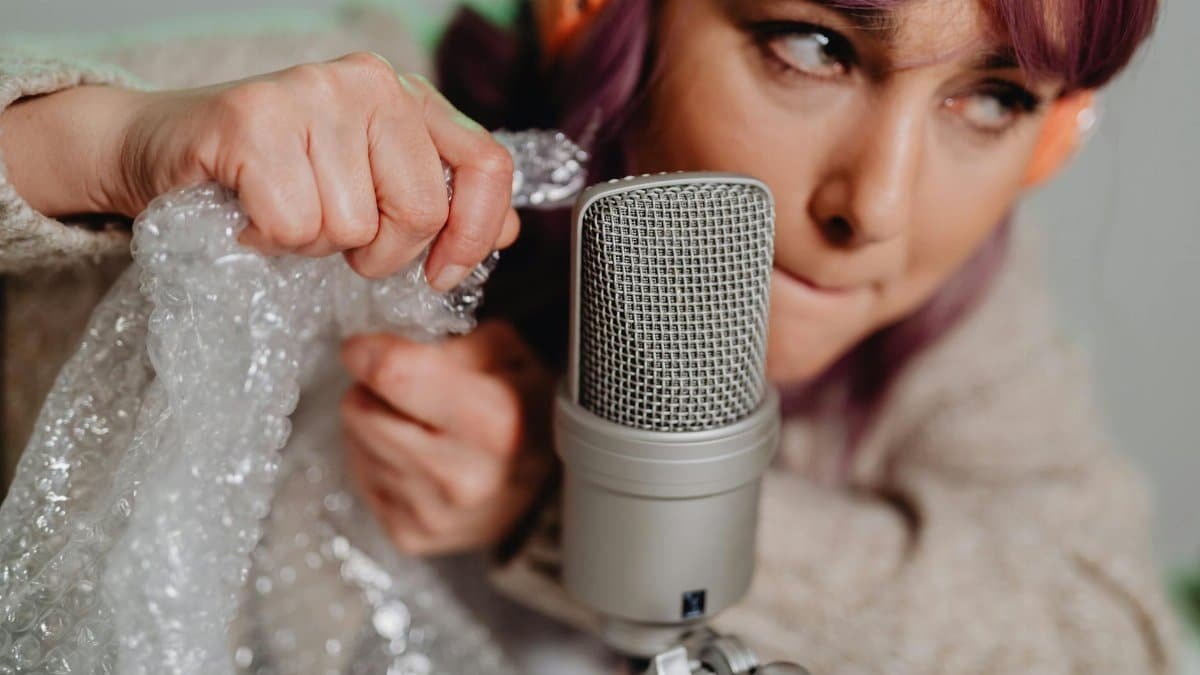Is psychology whisper ASMR really the soothing escape millions claim it to be? This growing phenomenon, where soft whispers and gentle sounds trigger tingling sensations, has taken the internet by storm. For some, it’s a fast track to relaxation or even sleep. For others, it’s an irritating distraction. New research sheds light on why reactions to ASMR vary so widely, uncovering the psychological mechanisms behind this polarizing trend. Here’s what science says about who benefits—and who might want to skip the whisper videos altogether.
What Is Psychology Whisper ASMR?

At its core, psychology whisper ASMR refers to the study and experience of Autonomous Sensory Meridian Response—a tingling sensation often felt on the scalp or spine, triggered by specific auditory or visual stimuli like whispering. Videos featuring soft-spoken voices or repetitive sounds, like tapping or brushing, have exploded on platforms like YouTube, amassing millions of views. Researchers note that the “whisper” element is particularly potent for many, mimicking intimate, calming interactions that can lower stress levels.
Why Does It Work for Some?

Studies suggest ASMR may activate parts of the brain linked to reward and emotional bonding. A 2018 study from the University of Sheffield found that ASMR enthusiasts often report reduced heart rates and feelings of deep relaxation, akin to mindfulness practices. You can explore the findings at University of Sheffield News. The whisper element, in particular, seems to tap into primal instincts of safety and care, mimicking soothing tones from childhood.
Who Benefits Most?

Research points to certain personality traits that predict ASMR sensitivity. Individuals with higher levels of openness to experience and neuroticism are more likely to feel the tingles, according to a study published in the journal PeerJ. Those struggling with anxiety or insomnia often turn to psychology whisper ASMR as a non-medical aid, with many reporting it helps them unwind or fall asleep faster. The data is accessible via PeerJ Study on ASMR.
Why Does It Annoy Others?

Not everyone’s a fan. For some, whispers and repetitive sounds trigger irritation or discomfort—a reaction dubbed “misophonia” in extreme cases. Psychologists suggest this could stem from heightened auditory sensitivity or negative associations with certain sounds. Unlike ASMR responders, these individuals may experience stress rather than calm, with their brains interpreting whispers as intrusive rather than soothing. It’s a stark reminder that sensory experiences are deeply personal.
Can It Replace Therapy?

While ASMR offers a quick calm for many, experts caution against viewing it as a substitute for professional mental health care. It’s a tool, not a cure. Psychologists emphasize that while whisper videos might ease surface-level stress, deeper issues like chronic anxiety or depression require tailored interventions. Still, as a free, accessible resource in 2025, it’s no surprise ASMR remains a go-to for self-care seekers.
How to Test If It’s for You

Curious about psychology whisper ASMR? Start with a simple experiment. Find a quiet space, pop in headphones, and try a popular ASMR video focused on whispering—many are available on YouTube. Pay attention to your body’s response. Do you feel tingles or calm? Or just annoyed? Keep in mind that not everyone experiences ASMR, and there’s no “right” reaction. It’s all about personal sensory wiring.
